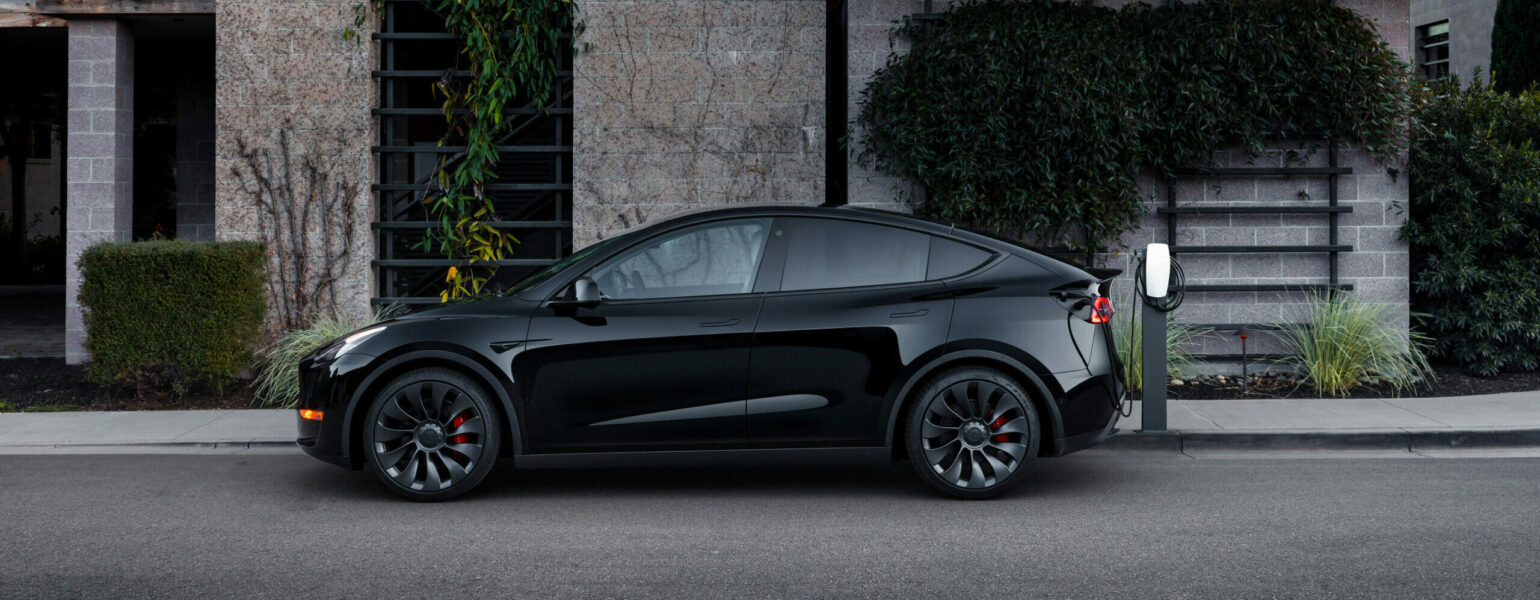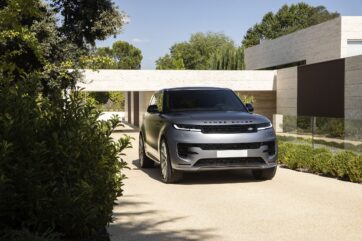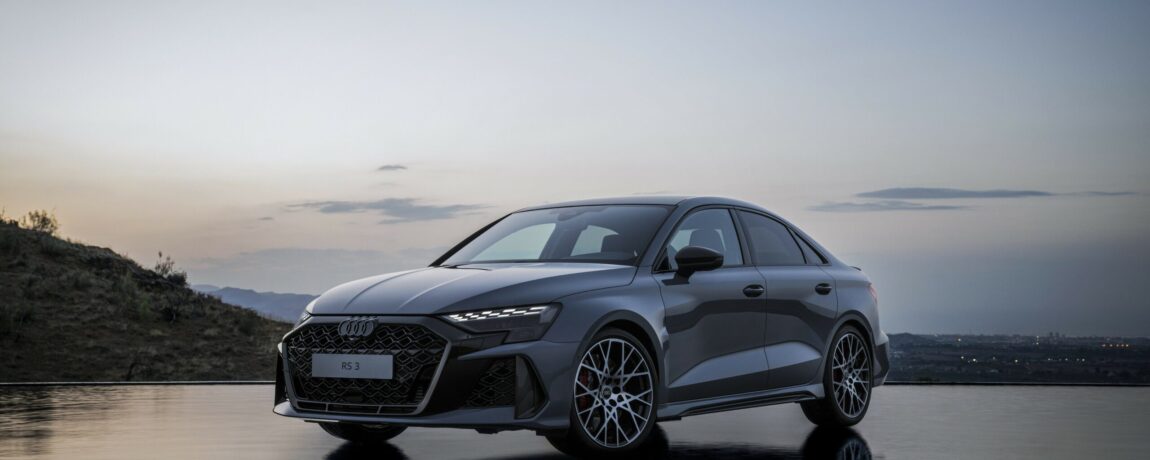
New Car Market Declines, Used Car Market Soars
Last month saw the largest decline in the new car market in the UK in over 2 years. Figures by the Society of Motor Manufacturers and Traders (SMMT) showed that across all sectors, there was a 6% drop compared to this time last year, the biggest drop since July 2022. Private sales fell by an even greater margin, with 11.8% fewer new cars sold during October than in 2023, and business registrations further still at 12.8%.
Are People Just Not Buying Cars?
Quite the opposite. Whilst new registrations fell quite dramatically, used car sales have surged 4.3% in the past quarter to new record levels. This is particularly notable for pre-owned electric vehicles, which according to the SMMT soared by 57% compared to the same time last year. As a market share for pure electric vehicles it now stands at 2.7%, up from 1.8% at the same point in 2023.
But it isn’t just hybrid vehicles seeing an increase in used sales, hybrid vehicle sales grew by almost 36% with plug in hybrids also seeing a rise of 29%. It was mixed results for combustion engine vehicles, with pre-owned petrol sales seeing a 5.7% increase however diesel vehicle sales continued to decline by a further 3.9%.
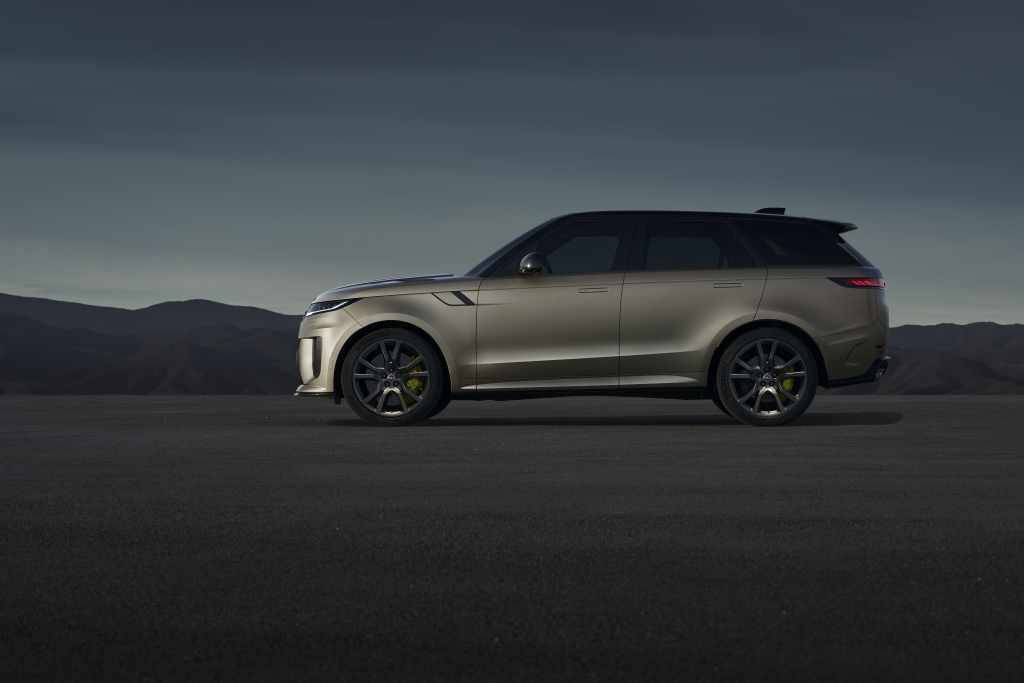
What Is Causing The New Car Decline?
There are a number of factors causing the decline in new car sales, and all seem to create a perfect storm of uncertainty for potential buyers. As a finance broker, we see more and more customers funding vehicles each year, however the percentage of those being new vehicles see a similar trend to the wider industry. So what is causing the fall in new car sales?
For starters, many consumers have got used to paying reduced rates for finance thanks to historic lows over the past few years. The recent economic factors have meant that rates had risen to levels not seen since the last recession, and whilst they have started to fall again, many are stalling to see if the rates are going to reduce further.
The Bank of England Base Rate decrease filtering down to car finance rates is often unpredictable and takes time however, so those expecting rates to fall further may be disappointed for now. With rates being so different between new and used vehicles, and across different manufacturers as well as dealerships and independent garages, now is the perfect time however to ensure that you are getting the best finance package for your circumstances through a broker like ourselves.
Another factor caused by the cost-of-living crisis and the prices of everything from fuel to materials rising is the fact that new car prices have also risen quite dramatically. Higher costs for supplies and parts, shortage of certain components, transporting of these parts and even the vehicles themselves, caused a trickle down to new vehicles becoming more expensive to manufacture and therefore prices rising. Whilst this is apparent from the increased list price of many new vehicles, it becomes more obvious when shown in a monthly cost of a finance package.
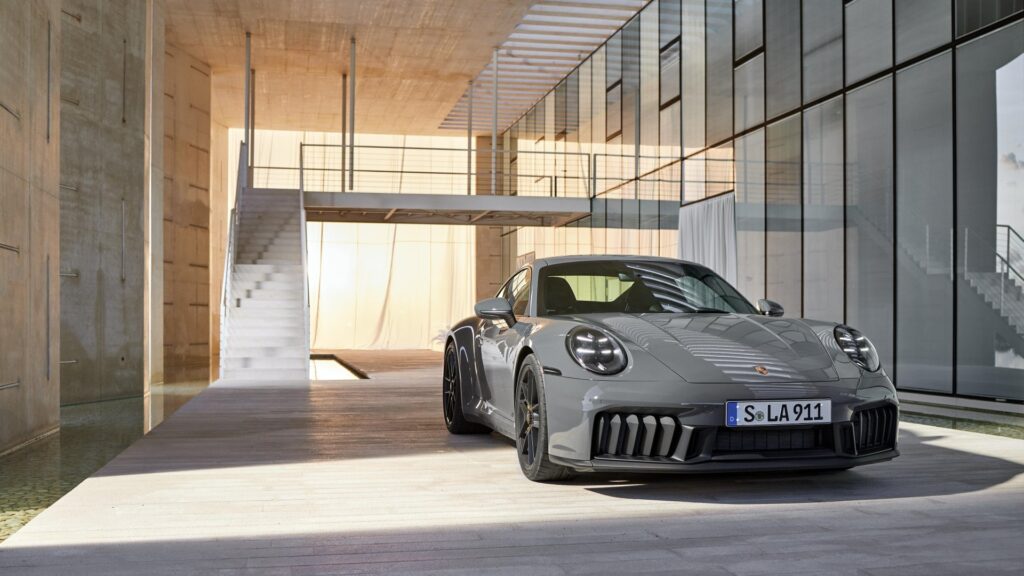
What About Car Prices?
As an example, the price of some vehicle price increases over a 12-month period from 2021 to 2022 are quite considerable. A base Porsche 718 Cayman had a list price of just over £45,000 in 2021 yet increased over 20% to £54,500 by 2022, a Volkswagen Touareg rose over 18% from £46,780 to £55,320 and supercars such as the Audi R8 saw a price increase from just over £115,000 to nearly £130,000, a rise of over 12.5%. The ability to move up to the next model or upgrade to a more premium manufacturer when it comes time to change your vehicle becomes that little bit more challenging. That’s without factoring into the equation that EV’s are generally more expensive to buy then combustion engine cars in the first place.
Even the uncertainty of the combustion engine ban itself is having a big effect on people deciding exactly which new car to purchase. Is it coming into force in 2030, or 2035, or might it be put back even further. Do you take the plunge and go straight from a combustion engine car to an EV, do you go halfway and go hybrid, if so what type of hybrid are you looking for? New car buyers have more to think about, more choice and more factors to consider about exactly how they use their vehicles, meaning they are more likely to delay the decision just that little bit further.
What About The Future?
Last weeks Autumn Budget has done little to help the new car sales situation, whatever type of powertrain you are looking to buy. Pure EV’s are set to be subject to first year VED fees for the first time next year, hybrid and low emission cars have seen their rates increase by £100 in most cases, whereas most combustion cars have seen their rates double, at least for the first 5 years.
It isn’t just new private car sales that have been affected either. Many businesses may need to reassess their vehicle choices thanks to the increases in Benefit In Kind (BIK) tax rates. In order to encourage pure EV motoring for business users, anything not only powered by batteries will see tax increases, with hybrids seeing the biggest percentage increases. Hybrid vehicles that currently pay 5% rate due to their low emissions will see their rates increase to 18% by the 2028-2029 tax year.
That means that businesses that have just entered into a 4-year agreement on a new hybrid vehicle will see their tax payments increase quite substantially by the time the car enters its last year. Expect a flurry of drivers to approach their employers to end their agreements early in order to avoid large tax fees in their final year.
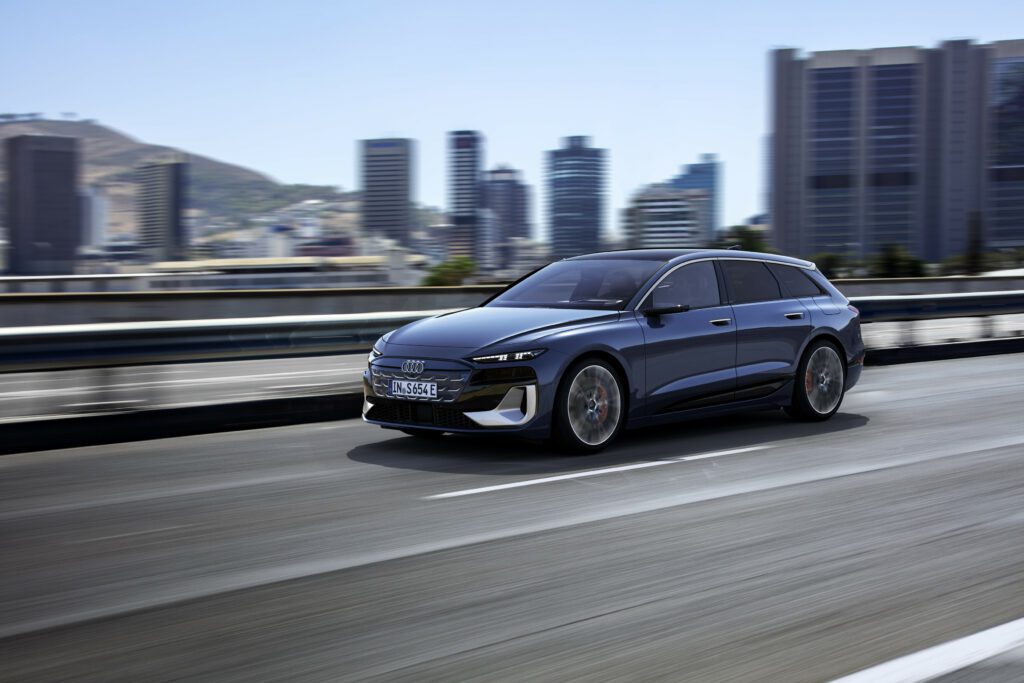
Are EV’s Likely To Get Cheaper To Buy?
It was expected that in order to encourage new vehicle buyers to switch to pure EV motoring the government would introduce incentives or further tax breaks, and not just for business users. There was talk of possible VAT rate decreases for not just electric vehicles but also on public charging rates, none of which were part of the Autumn Budget. Rather than incentivise the purchase of BEV’s, especially to the reluctant private buyer, the government have attempted to increase taxes and charges for those not looking to switch to a purely electric vehicle.
For those manufacturers committed to hanging on to combustion engine motoring for as long as they can or have been forced to due to the uptake in EV’s not being as abundant as first expected, this will only affect new cars sales even further. If buyers are not willing to buy as many EV’s to maintain manufacturer’s sales figures, and ultimately profits, yet buyers are discouraged or outpriced from buying combustion engine vehicles, new car sales figures are only going to continue to go one way.
Should You Advantage Of A Buoyant Used Car Market?
The good news is that there is an abundance of choice in the used car market, hence the record recent figures for pre-owned car sales. The erratic prices following demand for cars during lockdown has undergone a bit of a price reduction over the past year or so and as such the used car market prices are a bit more predictable than they have been for some years.
Whether you are looking to purchase a car that depreciates slowly and will retain the most residual value when it comes time to change your car in the future, or are looking to take advantage of the fact that depreciation can sometimes be a good thing, there is more choice than ever before.
The often-initial rapid depreciation for a lot of electric cars means that many EV’s can be purchased for a fraction of their initial cost after comparatively short time scales. EV’s that are 3 years or older can also sometimes be found to be cheaper than the combustion engine equivalent, offering a more affordable way into electric motoring. The popularity and abundance of hybrid cars also means that those looking to ease their way into the benefits of an EV have more options available to them and what fits their lifestyle.
Oracle Car Finance
Whether you are looking to purchase a new or used vehicle, for private or business use, you can rest assured that Oracle Car Finance has your car funding sorted. With over 2,500 Trustpilot reviews, as four-time consecutive award winners of the Best Specialist Car Finance Provider award from 2020 onwards, and having funded over £2 billion of vehicles and counting, you too can find out why thousands of people trust us time and time again to find a smarter, tailored funding solution when looking for your next dream car.
Make sure you follow us on Instagram, LinkedIn and Facebook to keep up to date with what’s happening in the market and to see some stunning photos and videos of the amazing cars we fund.
